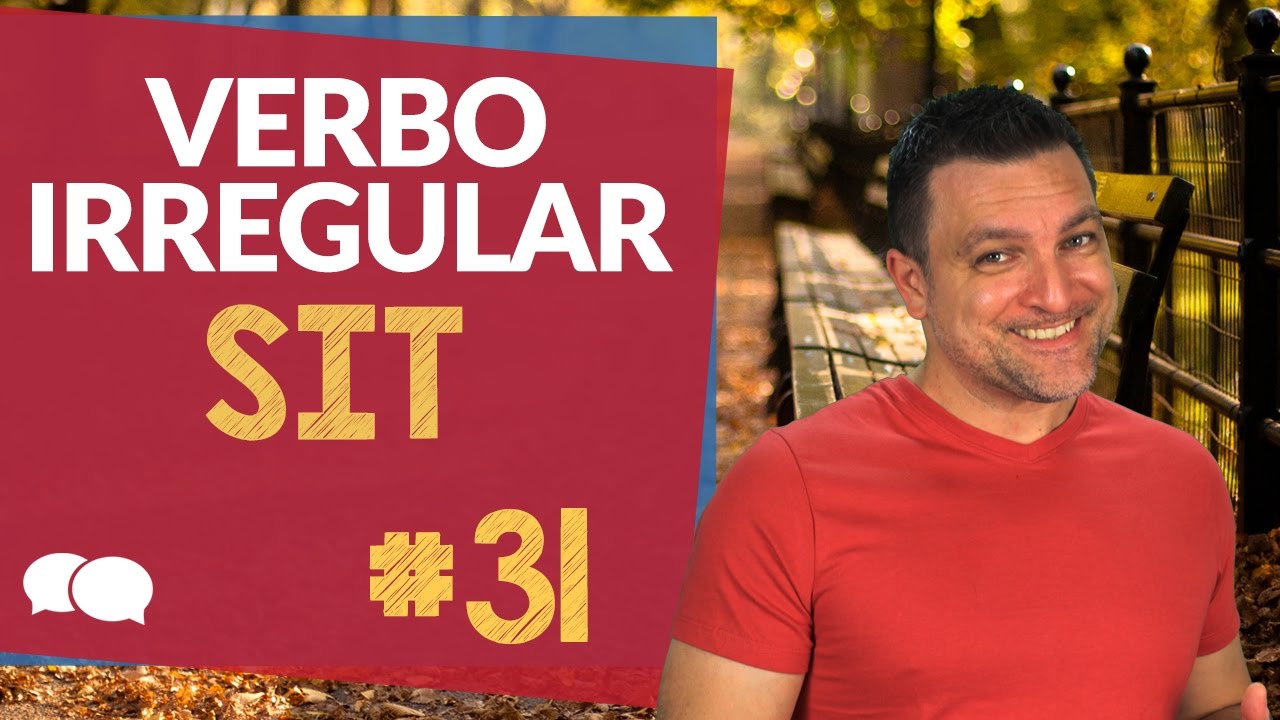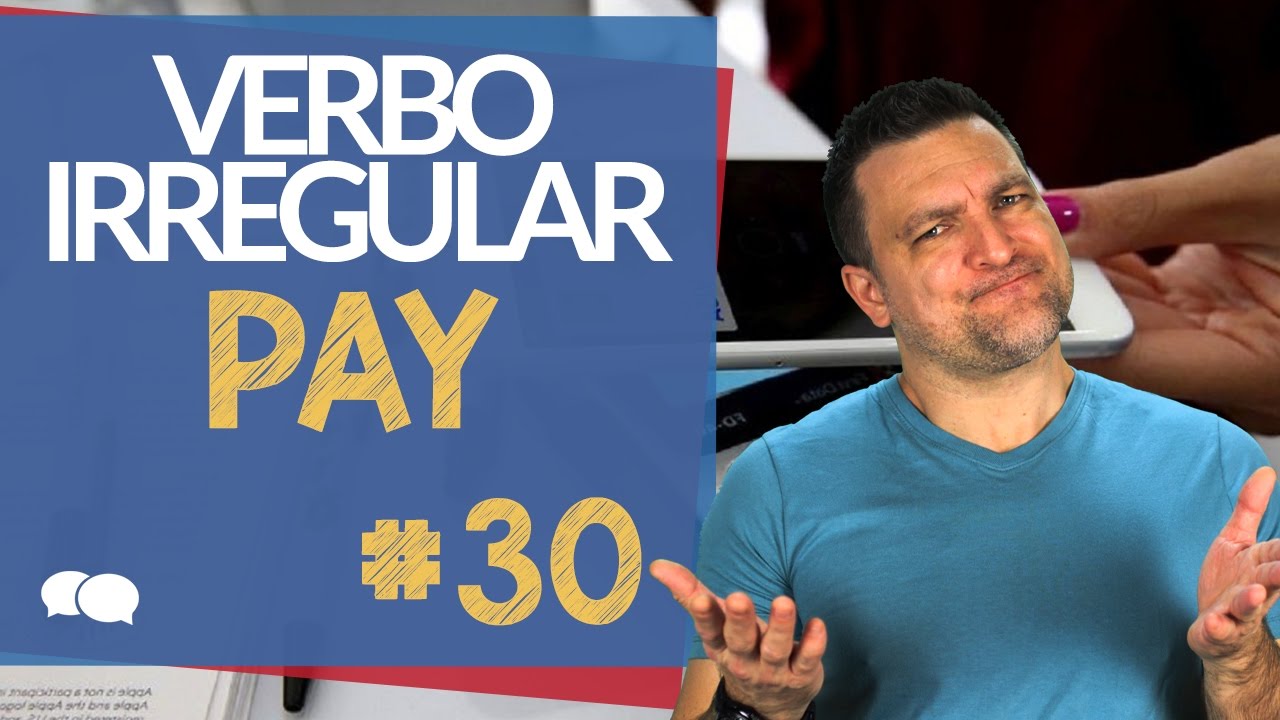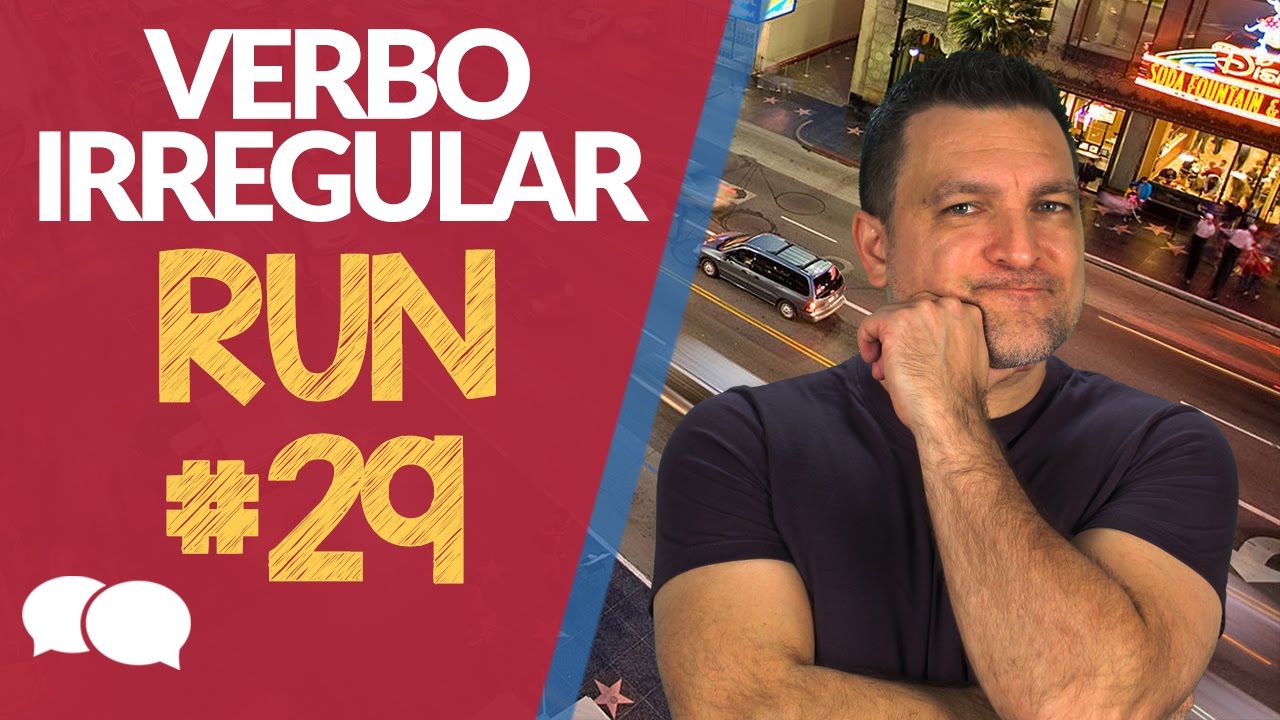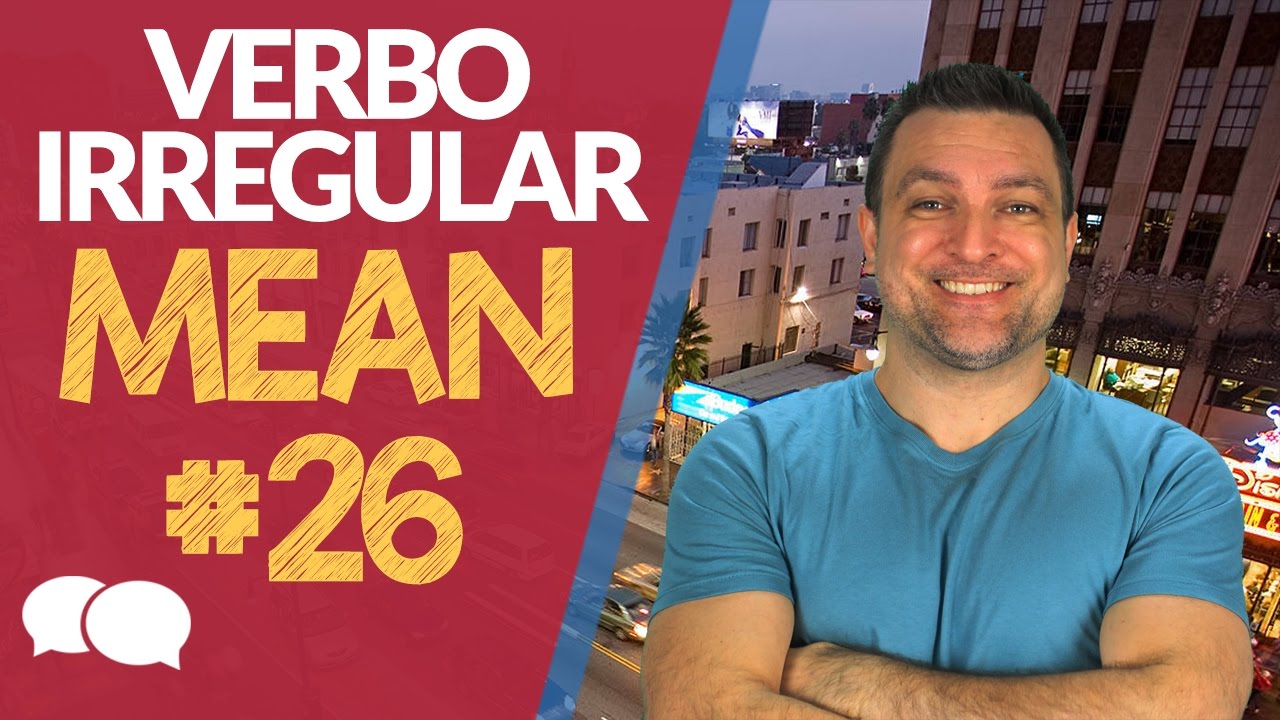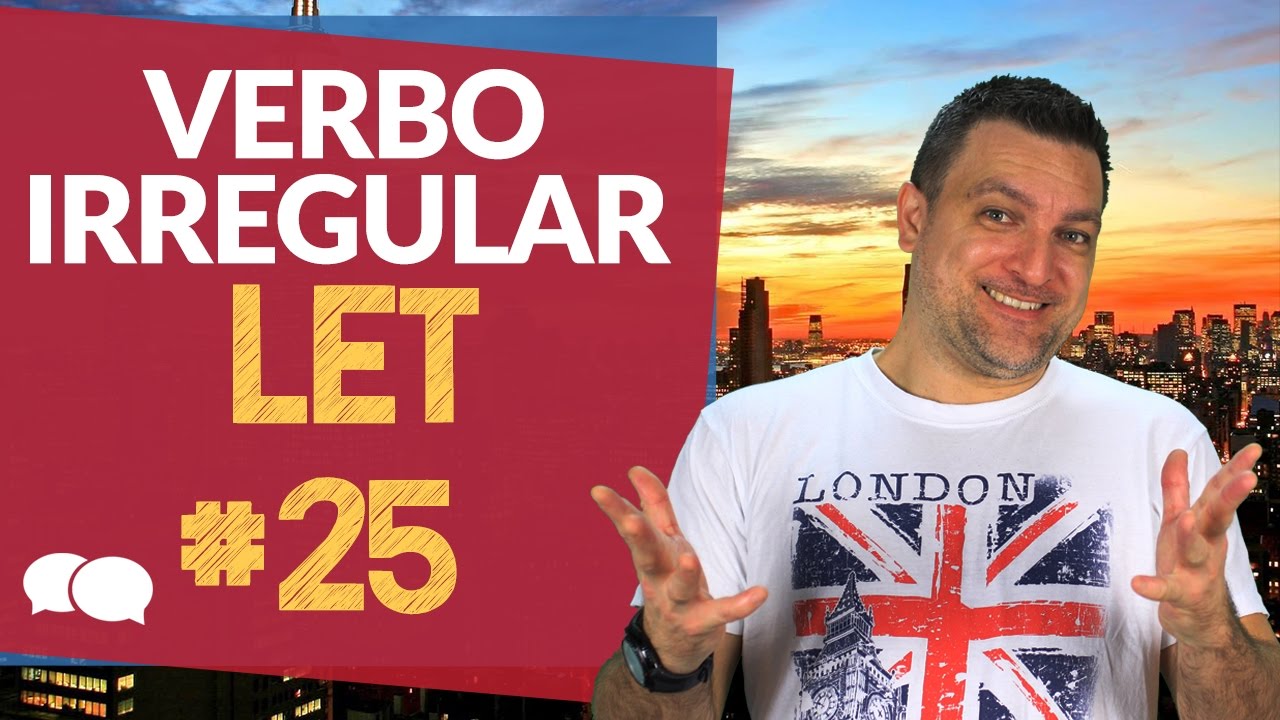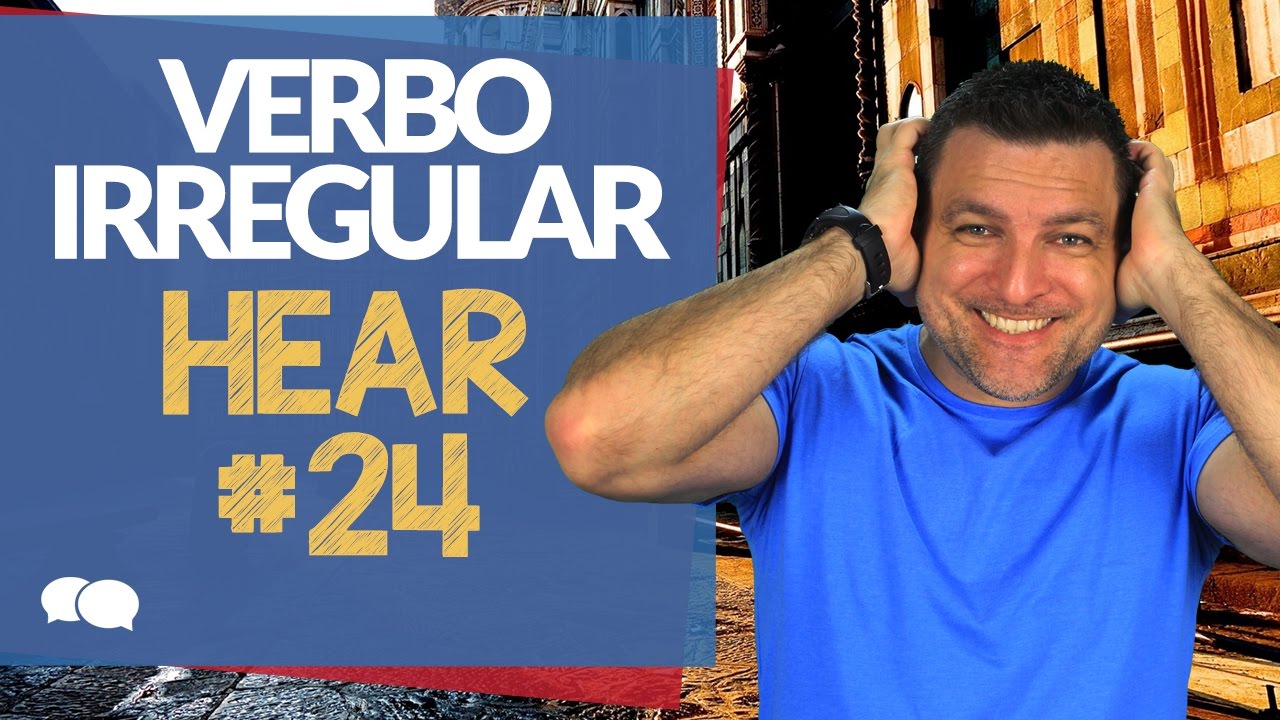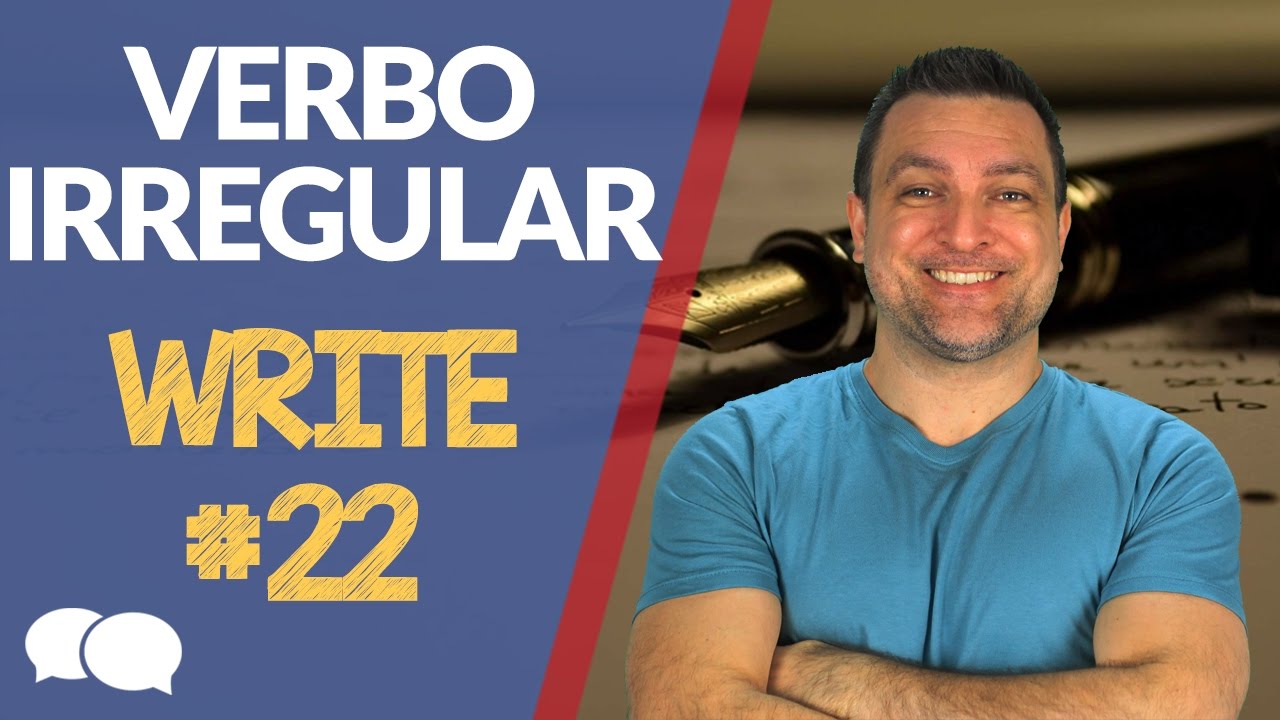Hello friends and welcome back to another post!
Desta vez veremos o verbo to sit na nossa sequência de verbos irregulares. Confira como conjugar e alguns exemplos de uso. So, let’s get started!
Verbo To Sit
Presente
Sit — Sentar
We sit across from each other at school. — Nós sentamos um em frente ao outro na escola.
Passado
Sat — Sentou, sentaram
They sat at the end of the road to watch the sunset. — Eles sentaram no final da rua para assistir o pôr-do-sol.
Particípio
Sat — Sentado
I’ve sat at that desk my whole life. — Eu tenho sentado naquela mesa minha vida inteira.
Amigos, ficamos por aqui hoje. Este foi o verbo to sit. Confira também o verbo to pay. Até a próxima!
TRANSCRIÇÃO DO VÍDEO
(O texto a seguir é uma transcrição completa e sem edições do vídeo.)
Hello and welcome to one more irregular verb of the day. The verb today is: sit. Sentar. Past. Sat. Sentou. Participle. Sat. Sentado. Let’s take a look at some sentence examples. Number one. We sit across from each other at school. Nós sentamos um em frente ao outro na escola. Number two. They sat at the end of the road to watch the sunset. Eles sentaram no final da rua para assistir o pôr-do-sol. Number three. I’ve sat at that desk my whole life. Eu tenho sentado naquela mesa minha vida inteira. Reviewing. Sit. Sentar. Past. Sat. Participle. Sat. Sit. Sat. Sat. Thanks for watching, my friends, and as usual I’ll see you next class.
